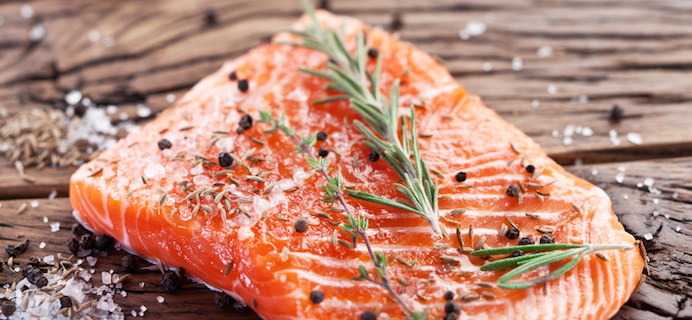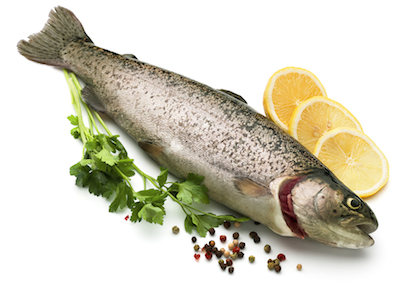A new analysis has revealed that diets high in animal protein can reduce the risk of a stroke by 20 per cent and provides twice the benefit in comparison to vegetable protein
A new analysis by the Nanjing University School of Medicine suggests that diets high in protein can reduce a person’s risk of stroke.
People with high amounts of animal protein were 20% less likely to suffer from a stroke, compared to those who ate little or no protein. According to the study, for every extra 20g of protein consumed, the risk of stroke decreased by 26%. Study author Xinfeng Liu explained: ‘If everyone’s protein intake were at this level, that would translate to more than 1.4 million fewer deaths from stroke each year worldwide, plus a decreased level of disability from stroke’
The research concluded that animal protein offers twice the protective benefit than vegetable proteins do. However, stroke experts warned against taking the findings too literally.
Dr Ralph Saco, chair of neurology at the University of Miami’s Miller School of Medicine, said: ‘I don’t think this study means to the public you should run out and start eating burgers and red meat’ This is because some animal protein sources also come with high levels of saturated fat, which can increase the risk of stroke.
Liu said that two of the seven studies took place in Japan and a third took place in Sweden, where people tend to eat more fish than red meat. Fish have previously been linked to reduced stroke risk, while red meat consumption has been shown to increase the chances of suffering a stroke.
Sacco said: ‘The nutrient appears to help protect against hardening of the arteries, high blood pressure and diabetes, all of which are risk factors for stroke’
The new review looked at previous research on the relationship between protein in the diet and the risk of stroke. Seven studies involving more than 250,000 participants were included in the analysis.
The results, which are published online June 11 in the journal Neurology, accounted for other factors that could affect the risk of stroke, such as smoking and high cholesterol, the study authors said.
The investigators found in their analysis that animal protein reduced stroke risk by 29 percent, while vegetable protein lowered risk about 12 percent. However, the study only found an association between protein intake and stroke risk because it was not designed to prove a cause-and-effect link.
Animal proteins are considered to be complete because they contain all the amino acids needed by humans, while most sources of vegetable protein are not complete.
But vegetable proteins also come with lower amounts of saturated fat. Dr. Arturo Tamayo, an assistant professor of neurology at the University of Manitoba in Winnipeg, Canada, said that people will do themselves no favor if they pay attention only to protein intake without considering other dietary risk factors for stroke.
Saturated fat, salt and sugar all have been shown to increase a person’s risk of stroke, he said. People who smoke or drink also are at increased risk.
READ MORE: How much protein is in your food?
Like this article? Sign up to our newsletter to get more articles like this delivered straight to your inbox.






















































